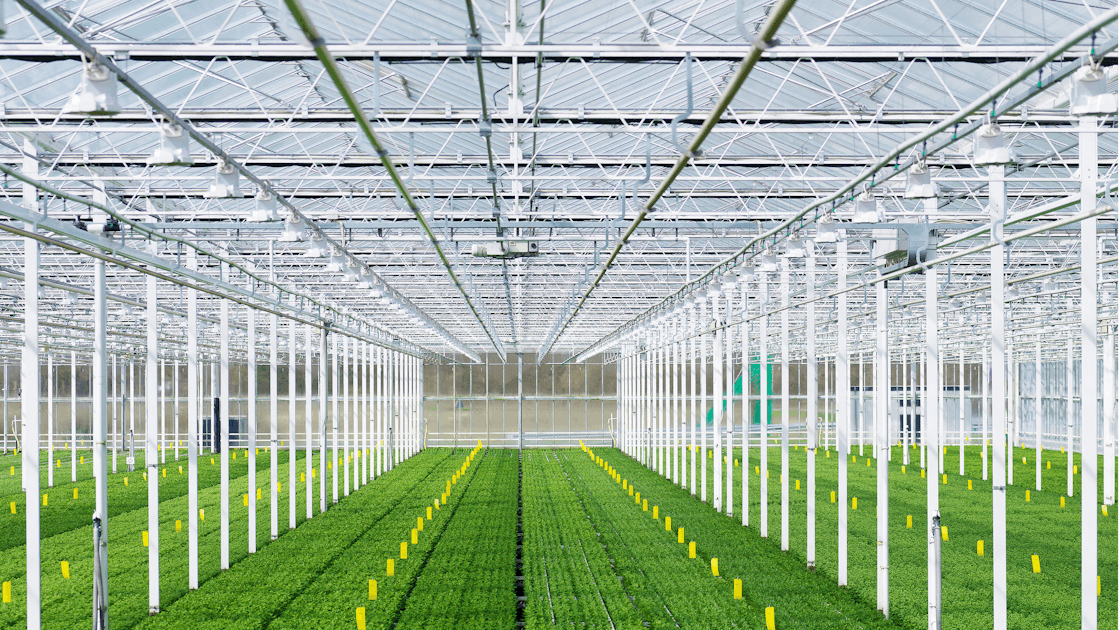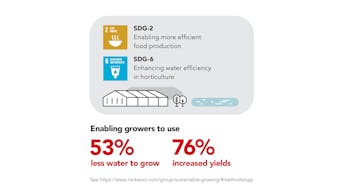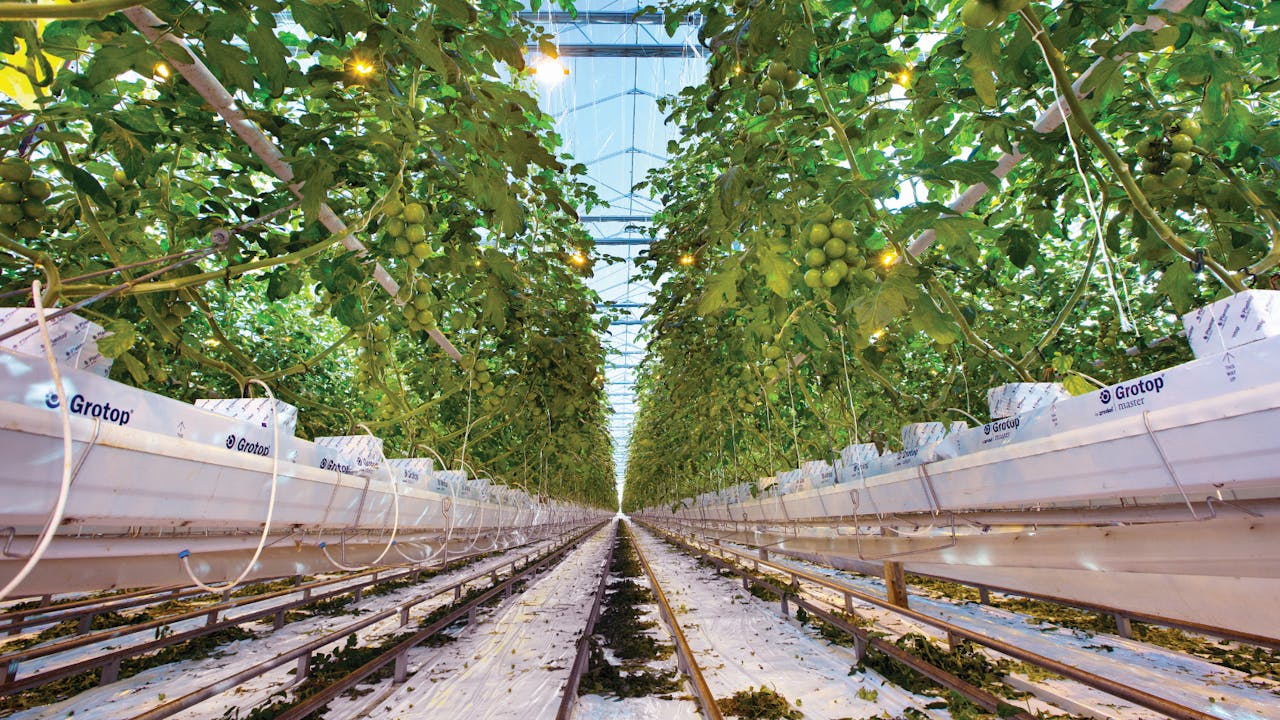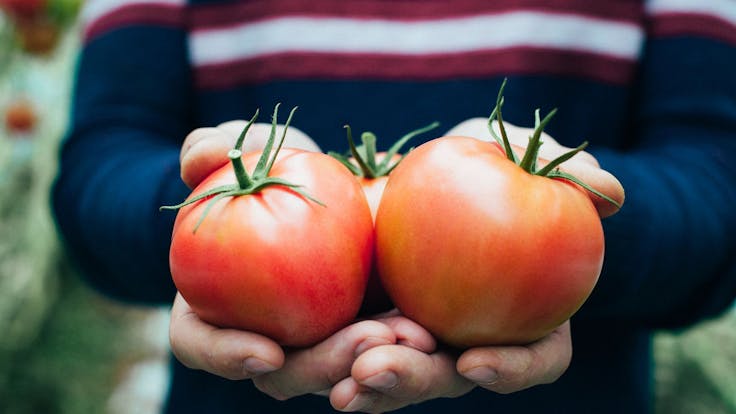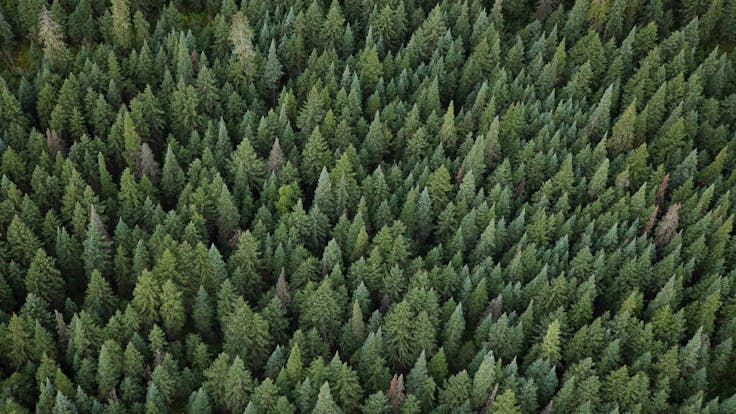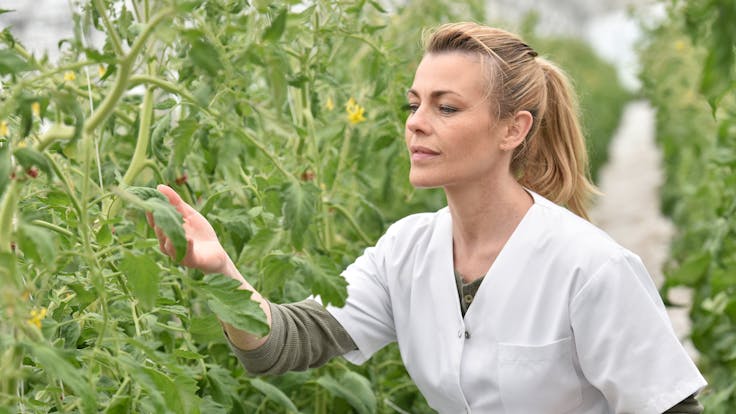Growing food sustainably and efficiently
The global food production system is under pressure. We need to find more sustainable ways of feeding a growing, more urbanised population. ROCKWOOL products enable modern horticulture to increase production while using fewer natural resources.
In places where agricultural land is scarce, new and innovative forms of food production hold the key to feeding city dwelling populations. Grodan hydroponics can be sited anywhere, including in urban areas that would otherwise be completely unsuitable for traditional soil-based production.





